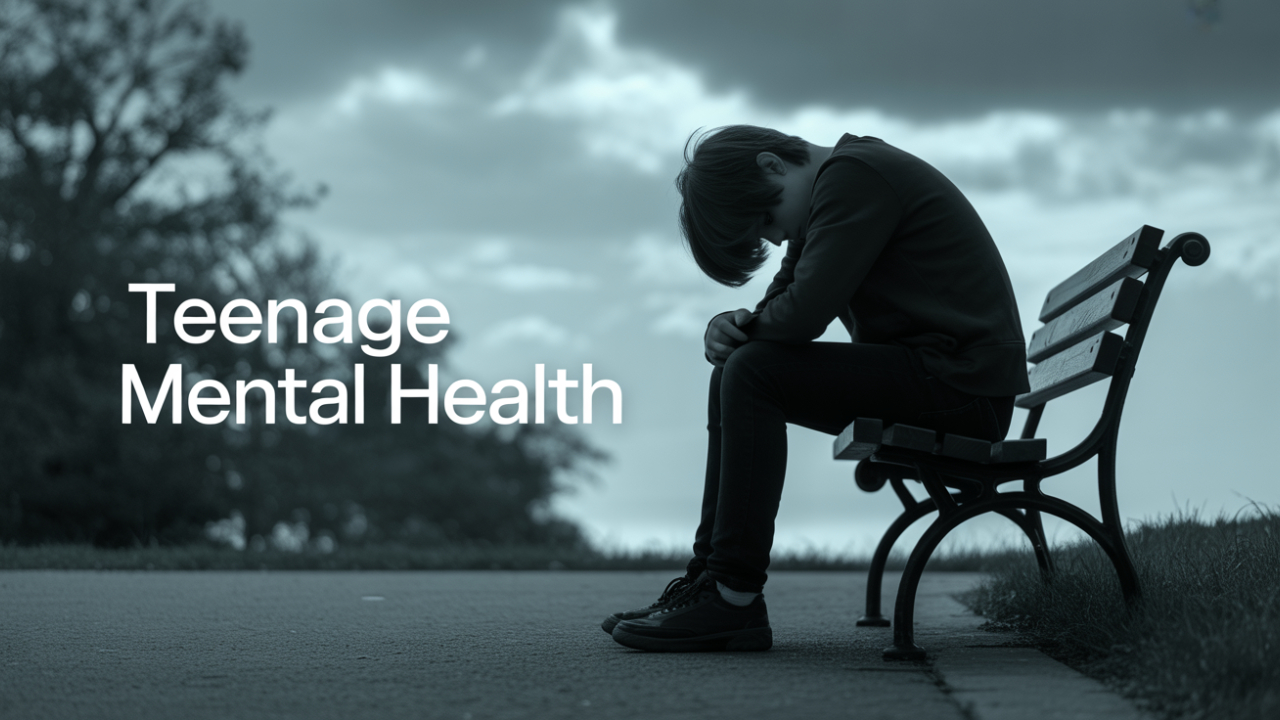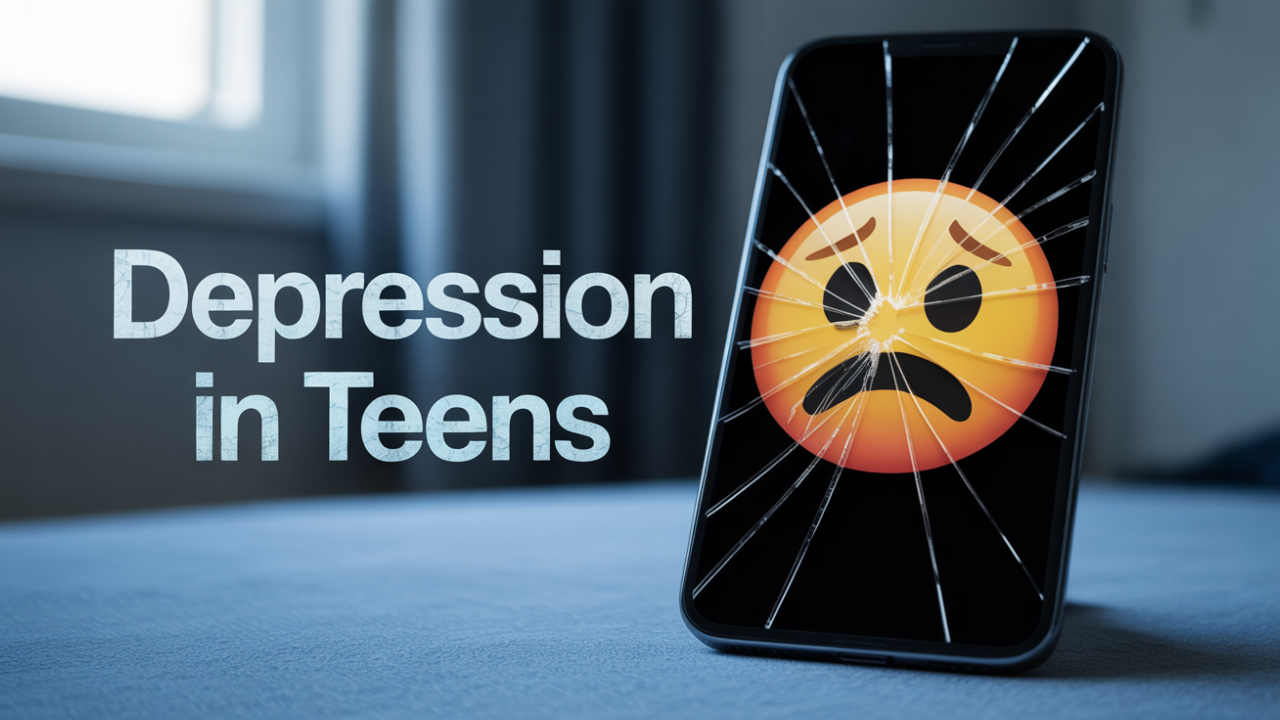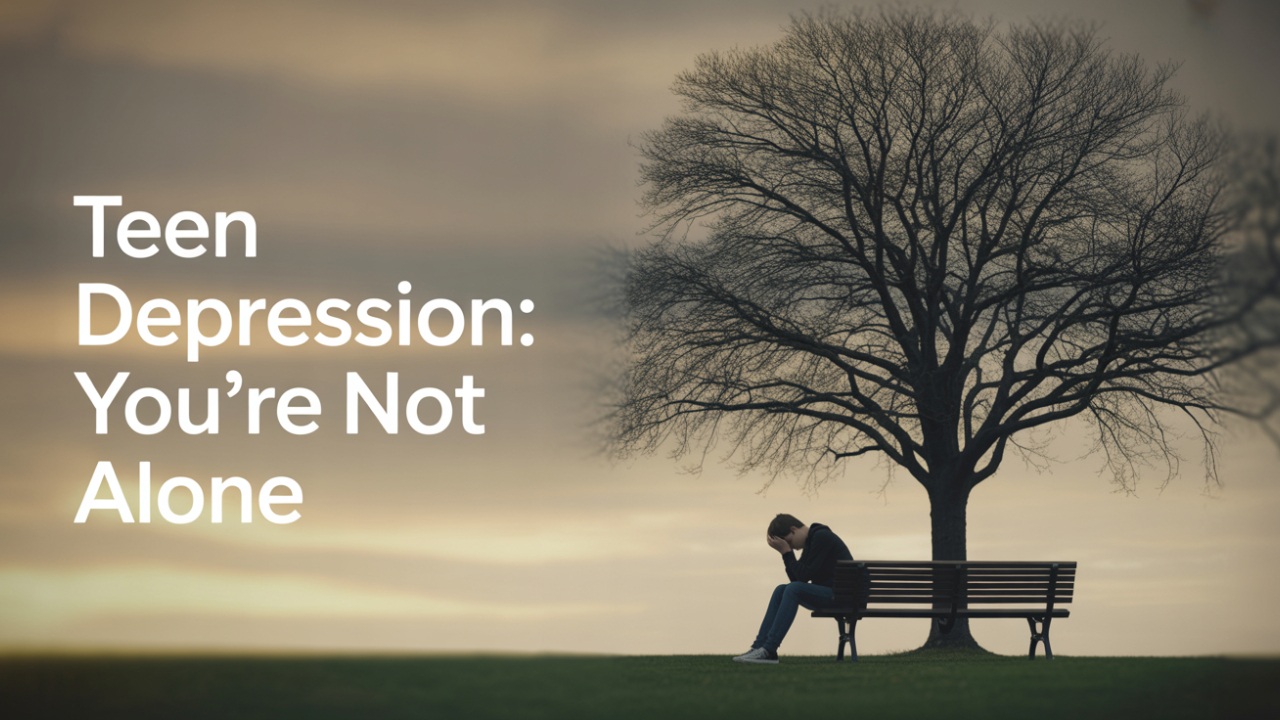How Many Teens Have Depression: Statistics on Affected Youth
At Adolescent Mental Health in Orange County, California, we help teens understand and manage depression every day. Depression is a mental disorder that disrupts a teen’s mood, emotion, and daily functioning. Adolescents face unique pressure, and when these challenges become overwhelming, it can lead to serious mental health conditions. Knowing how many adolescents are affected by depression helps parents, caregivers, and mental health professionals better support young people. Below we share key data on depression in teens, contributing risk factors, and steps to seek mental health treatment.
Teen Depression: An Overview
Depression is a mental health condition that can impact every aspect of a teen’s life. In psychiatry and psychology, the diagnosis of major depressive disorder in patients is based on persistent low mood, loss of pleasure, and changes in behavior lasting at least two weeks.
In teens, depression can also present as irritability, anger, withdrawal, and physical complaints like headache or fatigue. Parents often notice their teen has stopped enjoying activities, has difficulty with sleep, or seems overwhelmed by peer pressure and school. Many teens also experience anxiety, and some develop an anxiety disorder alongside depression.
Depression in adolescents is serious. Left untreated, it can lead to suicidal ideation, substance abuse, alcohol use, drug misuse, and even suicide attempts. That is why suicide prevention and early intervention are so critical.

How Common Is Depression in Teens?
According to the Centers for Disease Control and Prevention, about 17% of adolescents experience at least one major depressive episode each year. This prevalence equals roughly one in six teens.
Girls have nearly twice the rate of depression compared to boys, showing how gender, ethnicity, and even race can influence mental health outcomes. Research also shows that teens who identify as transgender are at even higher risk due to increased social isolation, loneliness, and discrimination.
Rates of depression tend to rise with age during the teenage years. School counselors, social workers, and health providers are seeing more patients in this age group seek help for depression, anxiety, and attention deficit hyperactivity disorder (ADHD).
Recent research suggests that rising screen time, the pandemic, and growing poverty in some communities have contributed to higher rates of depression among adolescents.
Depression and Suicidal Ideation in Teens
Depression is strongly associated with suicidal ideation. Studies show that more than 60% of teens diagnosed with a major depressive disorder report thinking about suicide. Suicide remains the second leading cause of death for young people ages 15–24.
Early childhood trauma, violence, and childhood trauma increase the risk factor for suicidal behavior. Teens who feel disconnected from family, friends, or school are more vulnerable, particularly if they also use substance abuse or alcohol to cope.
Supportive adults, open communication about mental health, and access to medicine, therapy, and crisis resources are key to saving lives.

Risk Factors That Affect Teen Depression Rates
Several risk factors make some teens more likely to develop depression. These include:
Family history of bipolar disorder, personality disorder, or anxiety disorder
Exposure to violence, poverty, or social isolation
High stress from school, family conflict, or peer pressure
Identity-related pressure, especially in transgender and minority teens
Early childhood trauma or abuse
Chronic health conditions, insomnia, or headache
High screen time and low exercise
Not all teens with these risk factors will develop depression, but awareness helps health professionals, school counselors, and parents intervene early.
How Are Teens Screened for Depression?
Mental health professionals and health care providers use screening tools to identify depression symptoms. These tools assess feeling, mood, sleep, appetite, attention, energy levels, irritability, and thoughts of self-harm.
School counselors and social work staff may also conduct screenings in school settings. Screening helps determine if the patient meets the criteria for major depressive disorder or another mental health condition.
If a teen screens positive, they can be referred for further evaluation and mental health treatment, which may include therapy, antidepressant medication, or other medicine.
Why Teen Depression Rates Are Rising
Many factors contribute to rising teen depression rates:
Greater attention to emotional wellbeing and better detection
Increased pressure from academics and social media
Higher rates of childhood trauma, violence, and poverty
Disruptions from the pandemic, including social isolation and loss of routine
These risk factors make the need for accessible mental health treatment and family support more important than ever.
Why These Numbers Matter
Depression is not a weakness or failure. It is a diagnosable mental disorder that affects the brain, behavior, and emotion. The high prevalence of depression in adolescents shows why early understanding, open communication, and professional mental health treatment are crucial.
With support, most teens recover. Therapy, antidepressant medication, exercise, healthy routines, and strong relationships help teens feel better.
At Adolescent Mental Health, we create a safe place for teens to talk about their struggles, build resilience, and find hope. Our therapists use evidence-based practices from psychiatry and psychology to help teens heal.

Signs of Depression in Teens to Watch For
Parents and caregivers should watch for:
Persistent sadness, irritability, or anger
Withdrawal from school, family, or activities
Changes in sleep, appetite, or energy
Frequent headache, insomnia, or fatigue
Poor performance at school or frequent absences
Expressions of suicidal ideation or self-harm
If these signs persist for more than two weeks, seek help from a health professional or mental health professional.
Get Help Today
If your teen shows signs of depression, do not wait. Contact a mental health professional, your family doctor, or call a suicide prevention hotline like 988 for immediate support.
We’re here to help. At Adolescent Mental Health in Orange County, our licensed therapists, physicians, and support staff are experienced in helping adolescents with depression, anxiety, and related mental disorders.
We offer individual therapy, group therapy, family counseling, antidepressant management, and coping strategies like exercise, relaxation, and social work support.
For more information about depression in teens or to schedule an evaluation, visit us at adolescentmentalhealth.com or call our Orange County office today. Your teen’s mental health matters.
Frequently Asked Questions
1. How common is depression among teenagers?
Depression is one of the most common mental health conditions in adolescents. About 17% of teens experience at least one major depressive episode each year. Girls are about twice as likely as boys to report symptoms of major depressive disorder. Rates tend to increase with age, and factors such as stress, peer pressure, school demands, and social isolation can raise the risk. Understanding these statistics helps parents and school counselors recognize when to seek help from a mental health professional.
2. What are the main risk factors for teen depression?
Several risk factors make depression more likely in teens. These include a family history of mental disorders such as bipolar disorder, anxiety disorder, or personality disorder, as well as childhood trauma, poverty, and experiences of violence or discrimination based on gender, ethnicity, or race. Other common factors include insomnia, fatigue, loneliness, and increased screen time. Teens facing pressure at school or struggling with identity issues, including those who are transgender, may also be at higher risk.
3. How is depression in teens diagnosed?
Mental health professionals use clinical interviews, questionnaires, and screening tools to evaluate symptoms of depression in teens. These assessments ask about feelings, mood, sleep, appetite, energy levels, and suicidal ideation. Screenings are often done by school counselors, health professionals, or psychiatrists. If a teen meets the criteria for major depressive disorder, they may be referred for mental health treatment, which can include therapy, antidepressant medication, and supportive care.
4. What treatments are available for teens with depression?
Treatment for teen depression often includes a combination of psychotherapy, medication, and lifestyle changes. Therapies like cognitive behavioral therapy and dialectical behavior therapy help teens develop coping skills and manage negative emotions. In some cases, a psychiatrist may prescribe an antidepressant to help regulate brain chemistry. Regular exercise, reduced screen time, and improved sleep habits also play a role. Working with experienced mental health professionals and involving the family in care improves outcomes.









